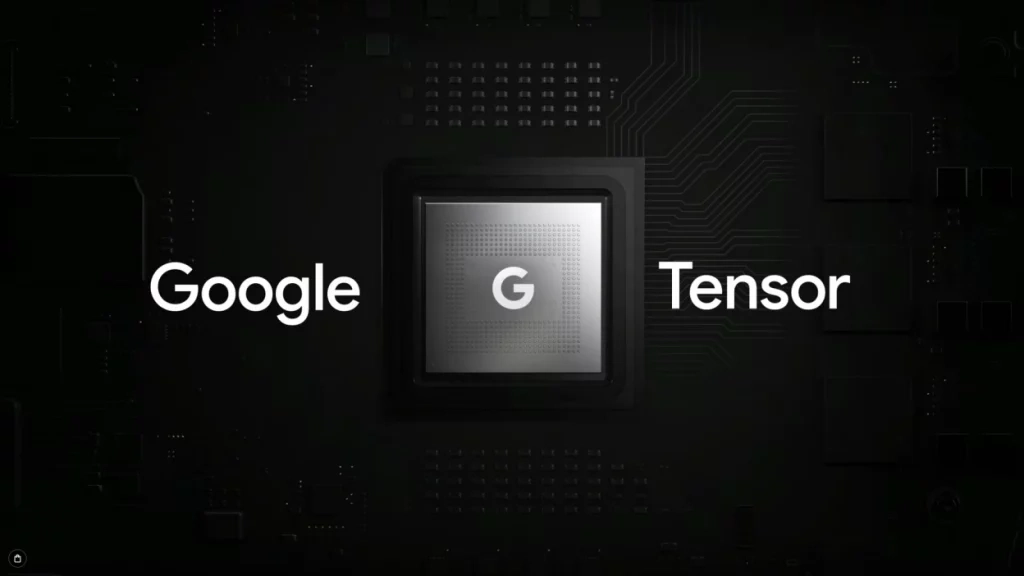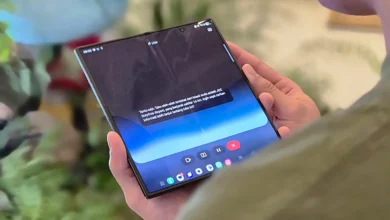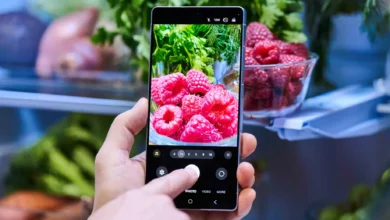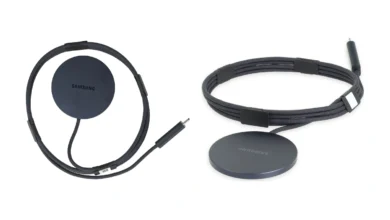Google Pixel 10 could have a powerful CPU but not from Samsung

Google is ditching Samsung! Samsung and TSMC are the two competitors rivaling to be able to snatch the most important customers from the opponent, undoubtedly, which is Google. Google is expected to offer a powerful CPU in collaboration with TSMC for Pixel 10 devices.
Google has long powered its Pixel devices with the Google Tensor, which is a system-on-chip processor designed in collaboration with Google and Samsung. Unfortunately, the result doesn’t come across as it should. This is the reason why Google is ditching Samsung over TSMC to give a powerful CPU to its Pixel devices.
Pixel 10 to Feature High-Performance CPU from TSMC
It’s reported that Google has decided to rely on TSMC for its processor with 3nm technology. The reason behind this sudden change is that Samsung has encountered problems in its production process, due to which the chips are not able to guarantee the desired performance and consume more energy than expected.
Google’s Pixel smartphones deliver excellent software systems and great camera specs, but jumping on their hardware has been below expectations for so long since it overheats. Overheating is the key reason Google is shifting towards TSMC for the next-generation processors. Reportedly, seven major brands, including NVIDIA, AMD, Intel, Qualcomm, MediaTek, Apple, and Google, have already decided to focus on TSMC’s 3nm technology, which, with Tensor G4 (the CPU of the Google Pixel 9 series), should stop collaborating with Samsung after a manufacturing project that has been going on for several years.
Google will use its Google Tensor G5 processor to power its Google Pixel 10 series, which will be able to integrate with TSMC’s 3nm technology, and this means that users should be able to count on devices capable of better managing heat and resources without sacrificing performance. Once this new collaboration comes into existence, overheating will not be the case for Google Pixel devices any longer.



